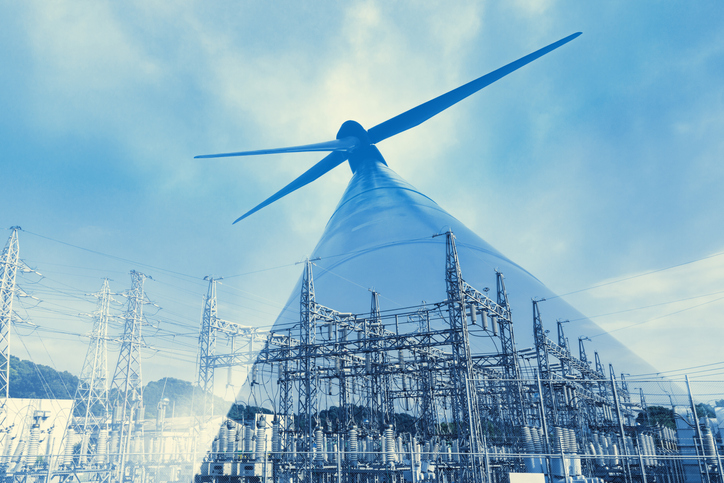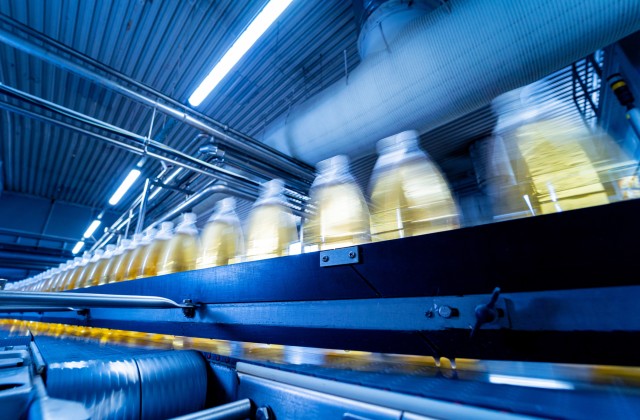
Disruptions such as the global economic downturn and COVID-19 wreak havoc on supply chain math, as lead-times vary and sales vacillate. As a result, supply chains struggle to find their path forward. The natural inclination for businesses is to find a way back to numbers that make sense, but others, such as United Nations Secretary-General António Guterres, see it as a reminder of the need for change: “Now more than ever, as big decisions are made about our future, companies need to address environmental, social and governance risks holistically and move beyond business-as-usual.”
Align with goals for the greater good
As Schneider Electric Chairman and CEO Jean-Pascal Tricoire said, “This crisis brings us back together much closer to our larger ecosystem, our partners, our suppliers and the communities around us. And it creates ties of solidarity and cooperation that were never existing before.”
To that end, Schneider is using the UN’s Sustainable Development Goals (SDG) as a reference point to develop circular economy practices that reach across the entire value chain. For example, SDG 8 is named "Decent Work and Economic Growth,” which is explained as, “sustainable economic growth will require societies to create the conditions that allow people to have quality jobs.” To meet this goal, Schneider selects suppliers that align with its company values and regularly audits them to ensure they’re meeting labor and ethics standards.
Schneider Electric is considered a leader in these types of initiatives, but it is not the only company to act in alignment with SDGs. In fact, over one-third of sustainability executives said their companies were using or planning to use SDGs in their supply chain sustainability programs, according to a survey conducted by professional services firm EY. EY goes on to say that going forward “The procurement, supply chain and sustainability functions will be much more integrated. Sustainability methodologies such as Total Cost of Ownership Analysis and Life Cycle Analysis will be embedded into the regular procurement process.”
Use circular economy as the catalyst for collaborative innovation
In our recent Big Ideas in Supply Chain podcast, circular economy expert Sandy Rodger suggested that “The circular economy is inherently a collaborative process. …The term end-to-end disappears once you have a circle, but it's about the whole supply chain, including your partners, including your suppliers and customers.”
He offered the following suggestions for companies to transform their supply chains into a circular economy model:
1. “Start where you can close a loop, where you can get something back from the customer…where you have more control and there are fewer points on the map that you're going to have to deal with.”
2. “Treat it as business innovation...saying that something is functionally, essentially the same but made from some different materials is still a redesign, but the redesign can be more radical than that. One of the things you sometimes see is a business that starts by selling a product in the linear economy ends by selling a service.”
3. “Look hard and be ambitious about the value proposition here, so this is not a kind of worthy environmental project that you're doing because it's just some sort of moral responsibility to the planet. This a great opportunity to give new value to your customer. It's a great opportunity to create new relationships with your customer, which are long lived because you're providing long-lived products and services.”
Lastly, Sandy offered this closing thought, “The circular economy is a way of actually dealing with the root cause of [supply chain] problems. So, if you want as many bangs for your buck as possible — given that nobody's going to have very many bucks in the next few years — the circular economy is a really good investment in this particular circumstance of emerging from a pandemic.”
If you would like to hear more from Sandy Rodger, check out the Big Ideas in Supply Chain podcast, episode 6.





